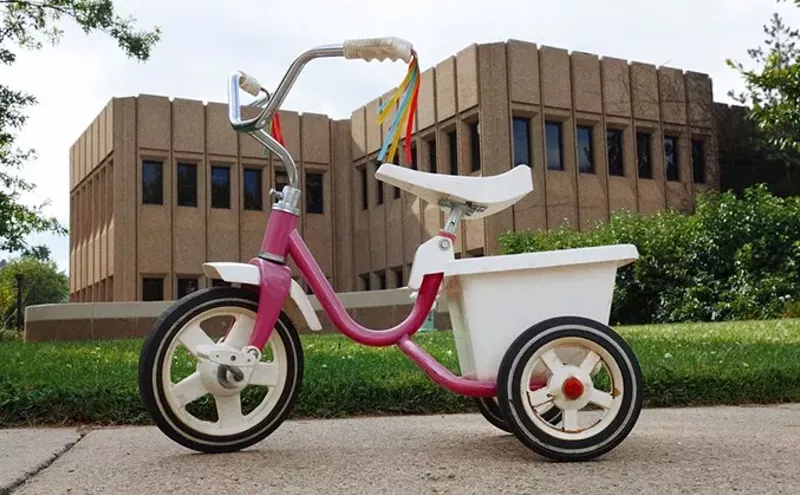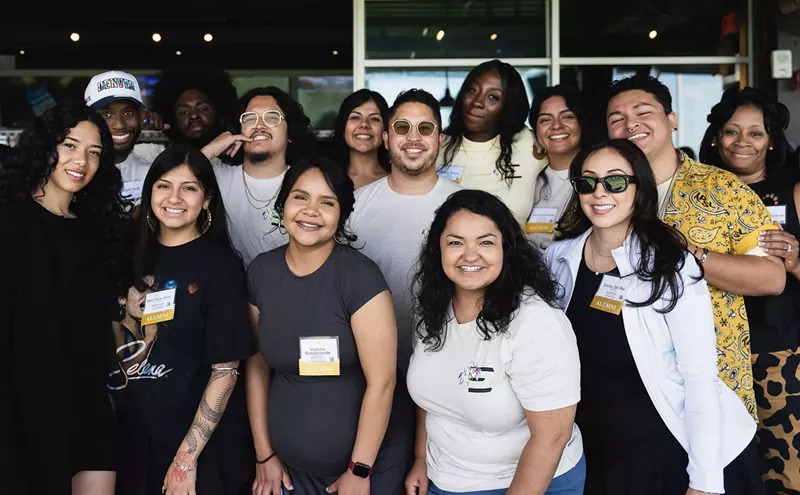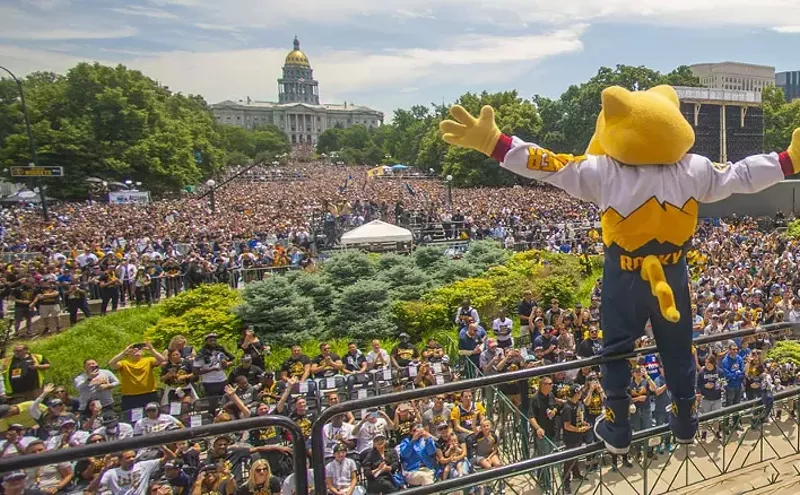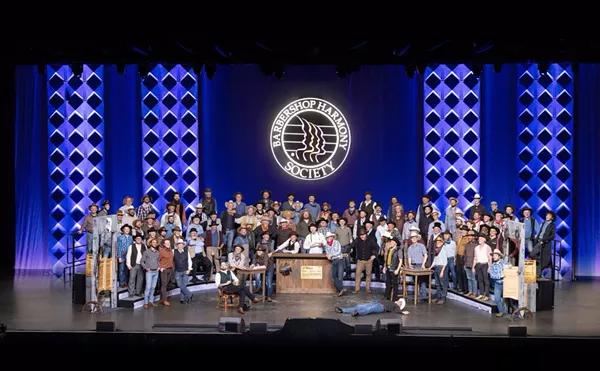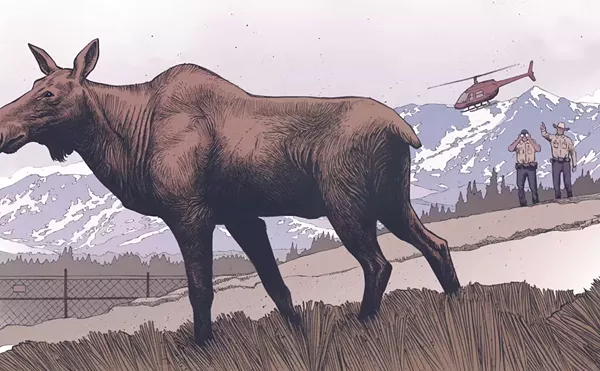“Thank you,” the spectator said, taking a flier. “Are you with a nonprofit?”
“No, we’re just out here because we’re trying to help the homeless,” the man replied.
The woman looked down at the flier. In no uncertain terms, it called upon Mayor Michael Hancock and Denver’s City Council to end enforcement of the city’s Unauthorized Camping Ordinance, which prevents people from covering themselves with blankets, tarps or tents in public spaces. Since it was approved by Denver City Council and the Hancock administration in 2012, it has proven to be divisive, with critics such as the ACLU of Colorado charging that it criminalizes homelessness. Records obtained by Westword have also shown that it is being used far more frequently to “move along” the homeless in 2016 than in years prior.
“Oh. I have some friends who are on the edge, so I like to help how I can,” the woman said, folding the paper and putting it into her jacket pocket.
“Yeah,” the man said. “A lot of us are only one paycheck away.”
He moved on to other spectators, but he wasn't alone in handing out fliers; there were a couple dozen activists, volunteers and members of the homeless community who gathered before the annual holiday parade to create signs, make speeches and form groups to fan out among spectators and spread the message that Denver is putting unhoused people at risk of illness or death by preventing them from shielding themselves from winter.
While the city defends the ordinance by saying it is connecting people with services, including shelter, one problem with the policy is that it leaves no room for homeless people who maintain that they are safer and healthier when living on their own on the streets.
“We demand an end to the urban camping ban, and we’re not going away!” exclaimed Brandice McMillen in a speech before the Parade of Lights. She’d organized the gathering using a Facebook event with the spinoff title “Parade of Rights.”
The gathering on December 2 was hardly an isolated event, though. It is reflective of rapidly growing public outrage against Denver’s camping ban and its related sweeps of homeless encampments. That includes an ongoing class action lawsuit against Denver that was filed in federal court and has made national headlines. (Visit westword.com or pick up a copy of the newspaper this week to read a cover story about the provocative lawyer who filed the suit, Jason Flores-Williams.)
There are also two other upcoming efforts to counter the camping ban:
- On Monday, December 5, advocates and members of the homeless community will hold a rally at 4 p.m. in front of the City and County building before using the public-discussion section of the City Council meeting at 5 p.m. to ask for a suspension of the ordinance.
- On December 15, an event titled “Move Along to Where?” will be held at the Exdo center in RiNo with homelessness experts from around the country. One of the main topics of discussion will be the camping ban, and the panel’s speakers include City Council president Albus Brooks, who sponsored the camping ban in 2012 and has been subject to intense criticism of the move ever since.
Below, the local guerrilla journalism outfit Unicorn Riot (which Westword profiled in February) captured footage of Denver police officers confiscating homeless individuals’ tents near Arapahoe Street and 27th Avenue on November 28.
Denver Police Confiscate Survival Gear from Unicorn Riot on Vimeo.
Another organization called ASAP has also been working behind the scenes to lobby individual members of city council to end the city’s enforcement of the camping ban. That group is also asking churches, synagogues and mosques to use federal sanctuary laws to each house up to eight homeless individuals through the winter.
For continuing coverage of homeless issues, visit our Homeless topic page.




